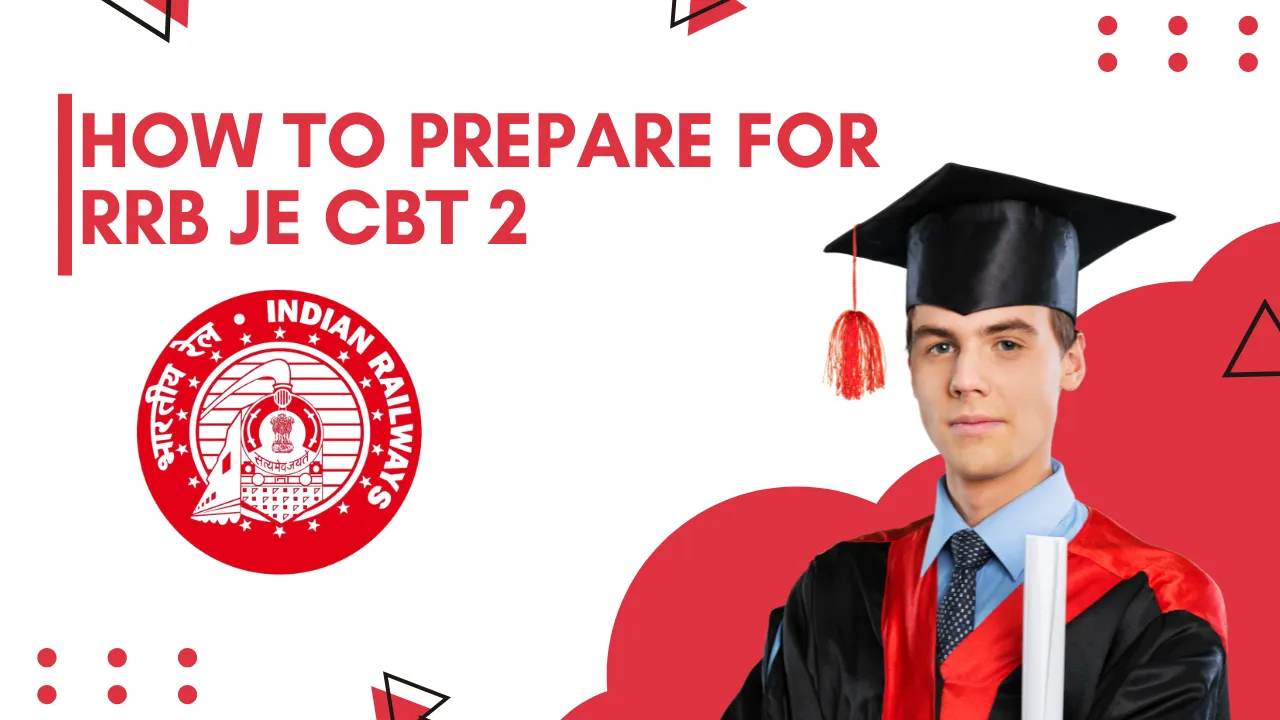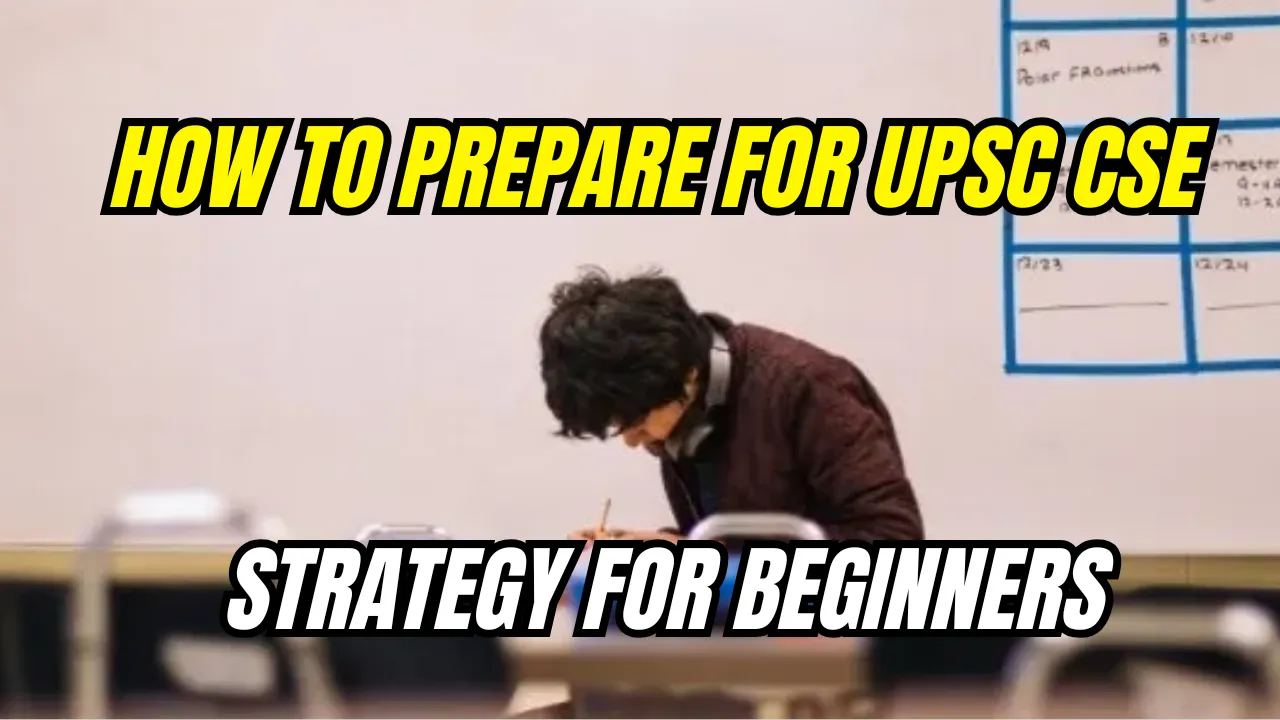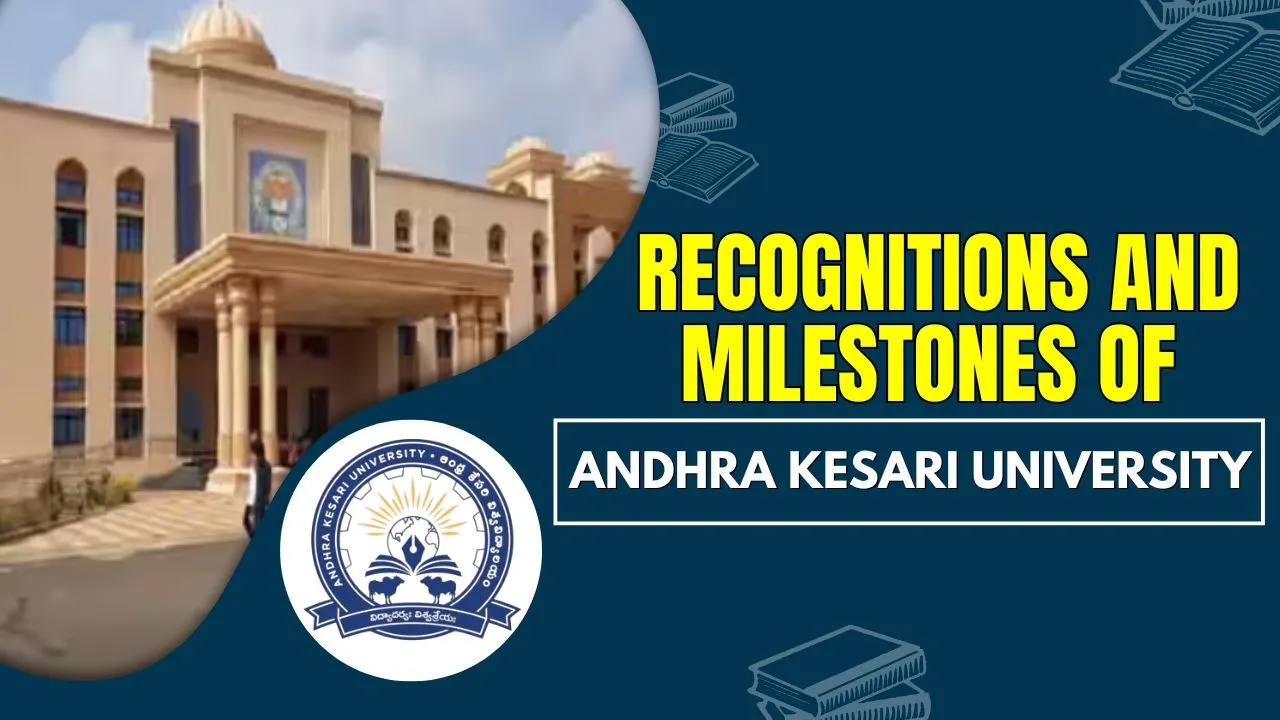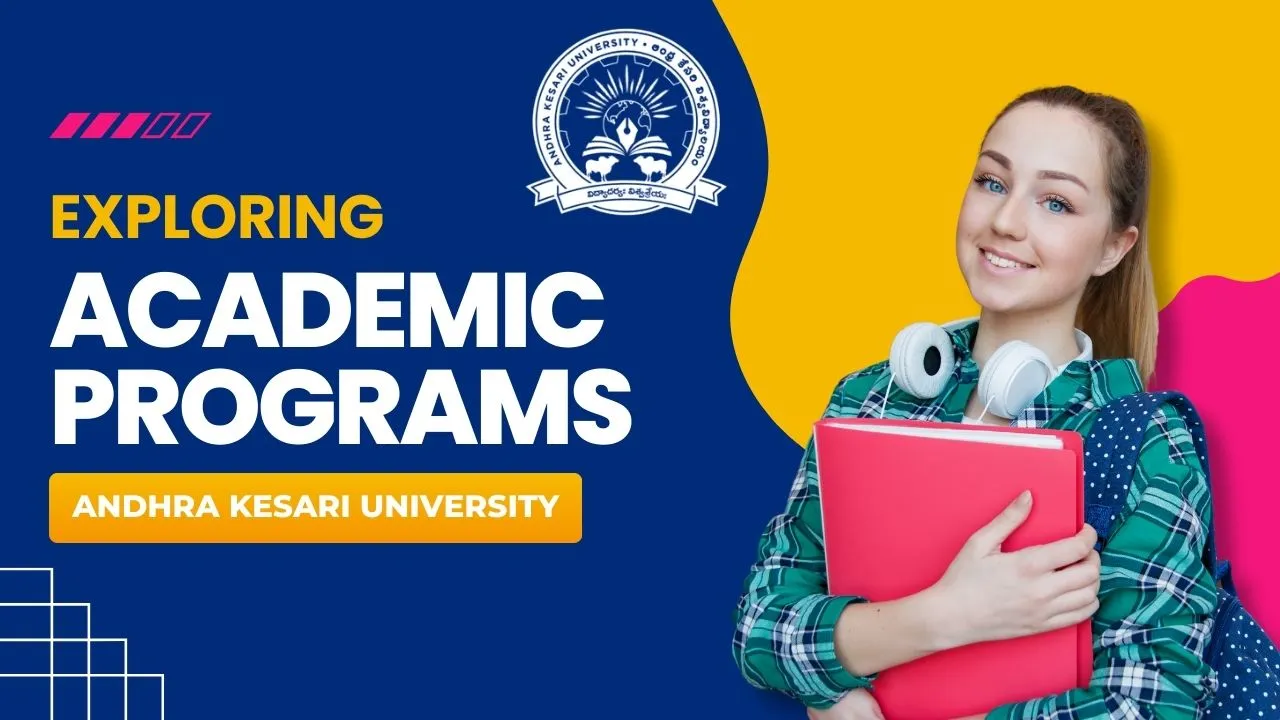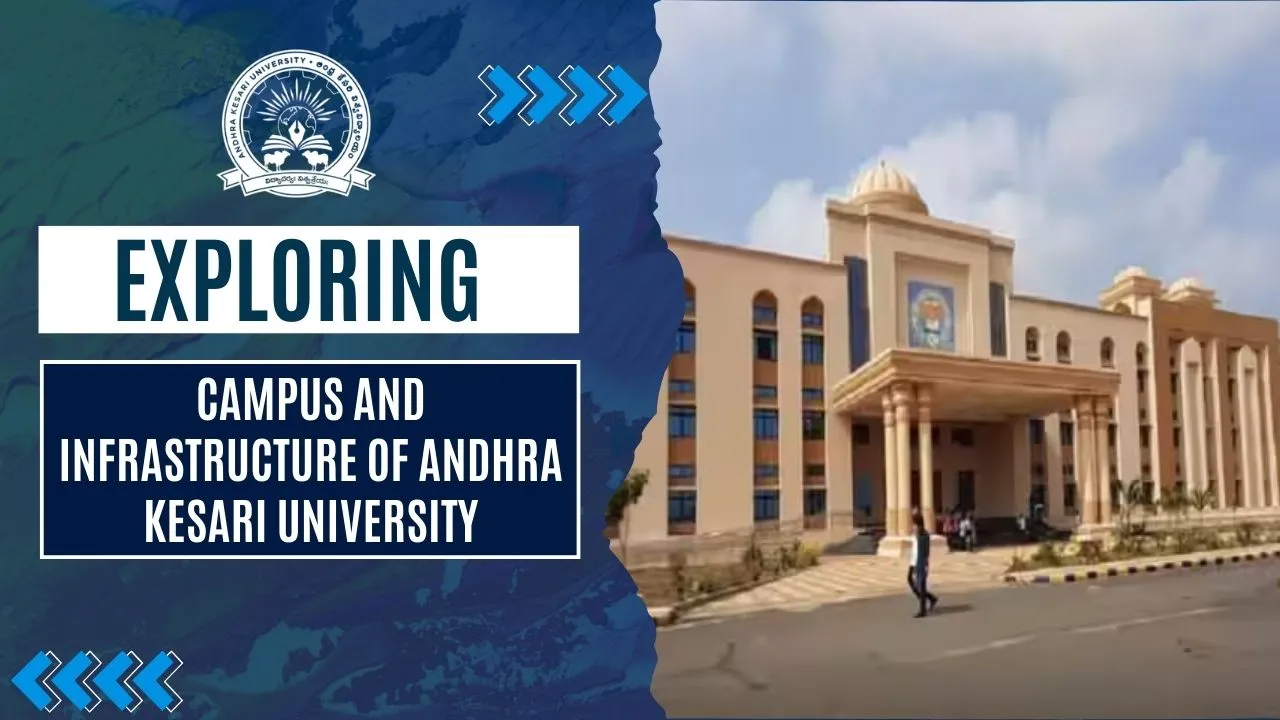Railway Recruitment Board (RRB) exams, especially NTPC and Group D, attract millions of aspirants every year due to the job security, benefits, and career growth they offer. However, these exams are highly competitive, and cracking them requires more than just hard work—it demands a well-planned strategy, consistent effort, and smart preparation.
In this article, we’ll share practical tips and techniques to help you crack railway recruitment exams. From understanding the syllabus to taking mock tests and preparing for physical and skill tests, we’ll cover everything you need to maximize your chances of success.
Crack Railway Recruitment Exams
The key to successfully crack railway recruitment exams lies in mastering the exam pattern, building a strong conceptual foundation, consistent practice, and effective time management. Whether you’re aiming for NTPC or Group D posts, focusing on each subject strategically while keeping yourself physically and mentally fit will give you a competitive edge.
Overview Table
| Preparation Area | Key Focus Points |
| Exam Pattern and Syllabus | Read official notification, analyze previous year papers, break down syllabus |
| Concept Building | Use NCERT books, strengthen basics in Mathematics, Reasoning, Science, and General Awareness |
| Study Plan | Time management, daily routine, concise notes, regular revision |
| Mathematics | Focus on arithmetic, algebra, geometry, data interpretation, practice for speed and accuracy |
| Reasoning | Practice puzzles, series, coding-decoding, logical reasoning |
| General Awareness | Stay updated with current affairs, history, geography, polity, economy |
| General Science | Focus on everyday science, physics, chemistry, biology basics |
| Practice & Mock Tests | Regular mock tests, performance analysis, online resources |
| PET / Skill Tests | Prepare for physical fitness and typing/computer skills (if applicable) |
| Motivation and Health | Stay positive, check official updates, maintain physical and mental health |
Understand the Exam Pattern and Syllabus
Before starting your preparation, it’s crucial to understand the exam structure:
- Official Notification: Carefully read the official notification of the specific RRB exam (NTPC or Group D) you are targeting. It contains detailed information about stages, eligibility, syllabus, and marking scheme.
- Syllabus Breakdown: Break down the syllabus into topics for each section:
- Mathematics
- General Intelligence and Reasoning
- General Awareness
- General Science
- Exam Pattern:
- RRB NTPC: CBT 1 (Preliminary), CBT 2 (Main), Skill Tests (Typing, Computer Proficiency), Document Verification.
- RRB Group D: CBT, followed by Physical Efficiency Test (PET), Document Verification.
- Previous Year Papers: Analyze past question papers to understand frequently asked topics and difficulty level.
Develop a Strong Foundation
Concept clarity is key to solving questions accurately and quickly:
- NCERT Textbooks: Refer to NCERT books (Class 6–10) to strengthen your basics in Mathematics and Science.
- Mathematics: Focus on arithmetic, algebra, geometry, trigonometry, and data interpretation. Regular practice is essential to improve speed.
- Reasoning: Familiarize yourself with different types of reasoning questions—puzzles, coding-decoding, syllogisms, series, direction sense, etc.
- General Science: Focus on fundamental concepts of physics, chemistry, and biology, especially everyday science topics.
- General Awareness: Stay updated on Indian history, geography, polity, economy, current affairs, and general knowledge.
Create an Effective Study Plan
A well-structured study schedule is vital:
- Time Management: Allocate time slots for each subject. Give extra attention to your weaker sections.
- Daily Routine: Set a consistent daily routine. Avoid long breaks and maintain a disciplined approach.
- Short Notes: Create quick, concise notes while studying. These will be useful for last-minute revision.
- Regular Revision: Revise important formulas, facts, and concepts weekly to keep them fresh in your memory.
Focused Preparation for Each Subject
Mathematics
- Practice a wide range of problems daily.
- Learn important shortcuts, tricks, and formulas.
- Focus on accuracy and time management.
General Intelligence and Reasoning
- Practice questions on puzzles, series, analogies, syllogisms, and coding-decoding.
- Develop logical thinking and systematic problem-solving.
General Awareness
- Read newspapers, magazines, and follow online current affairs portals.
- Give special attention to railways-related current events, Indian polity, economy, and important government schemes.
General Science
- Focus on basic scientific concepts and applications.
- Solve practice questions based on everyday science and refer to previous year papers.
Importance of Practice and Mock Tests
- Mock Tests: Regularly attempt full-length mock tests to get a feel of the real exam environment.
- Performance Analysis: After each test, analyze your performance. Identify weak areas and adjust your preparation plan accordingly.
- Time Management: Practice solving questions within the allotted time to improve speed and accuracy.
- Online Resources: Utilize mobile apps, online quizzes, and test series platforms for extra practice.
PET and Skill Test Preparation
For certain roles, clearing physical or skill tests is mandatory:
- Physical Efficiency Test (PET):
- Start physical training early.
- Focus on endurance, running, and strength-building exercises to meet PET standards.
- Skill Tests (RRB NTPC Typing/Computer Proficiency):
- Practice typing regularly to improve speed and accuracy.
- Familiarize yourself with basic computer skills if required.
Stay Updated and Motivated
- Official Notifications: Keep an eye on the official RRB website for updates regarding exam dates, admit cards, and results.
- Stay Positive: Maintain a positive attitude throughout your preparation journey. Avoid unnecessary distractions and negativity.
- Health Matters: A healthy mind and body lead to better concentration. Ensure you are eating well, sleeping enough, and exercising regularly.
Frequently Asked Questions (FAQs)
1. How many stages are there in RRB NTPC exams?
RRB NTPC includes CBT 1 (Preliminary), CBT 2 (Main), Skill Test (if applicable), and Document Verification.
2. How can I improve my speed in Mathematics?
Practice regularly, learn shortcuts, revise formulas, and attempt timed mock tests to improve speed and accuracy.
3. Is the Physical Efficiency Test (PET) compulsory for Group D exams?
Yes, PET is mandatory for RRB Group D posts. Start physical training early to meet the required standards.
4. How important is General Awareness for RRB exams?
It carries significant weightage. Staying updated on current affairs, especially related to railways, can give you an advantage.
5. Can I prepare for both NTPC and Group D exams together?
Yes, since the syllabus overlaps in subjects like Mathematics, Reasoning, and General Awareness, you can prepare for both exams simultaneously.
Final Thought
Cracking railway recruitment exams requires smart preparation, consistency, and a positive mindset. By understanding the exam pattern, building a strong foundation, practicing regularly, and staying physically fit, you can significantly improve your chances of success. Start early, stick to your study plan, and stay focused. Remember, determination and discipline are the keys to achieving your goal. Feel free to share your preparation tips or questions in the comments below!



